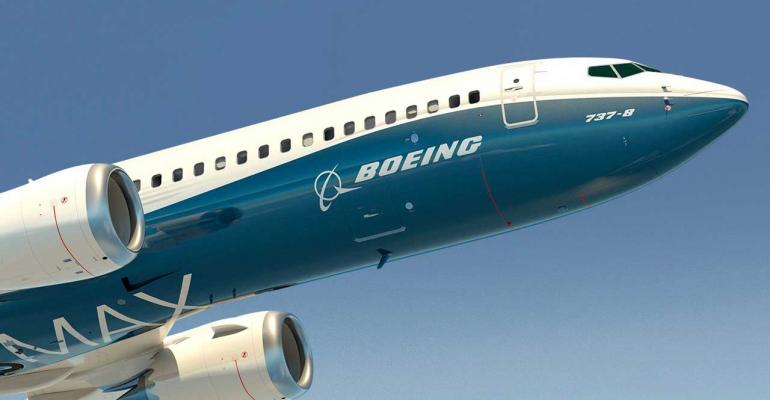Addressing the topic of autonomous shipping at a Nautical Institute conference Coles was blunt in his assessment saying the shipping industry suffers from the same failings that led to the two fatal crashes of the Boeing 737 Max and its grounding globally.
“The Boeing 737 incident, for me, is perfect example why we are a long way from autonomous ships. It shows failure in training, it shows failure in manufacturer’s shortcuts and it shows weakness in testing,” he told the conference in Singapore.
“All of things we also suffer from in the maritime industry and we will continue to have Boeing 737 incidents in the maritime industry as we continue to move forward.”
The crashes on the Boeing 737 Max were caused by anti-stall system MCAS, that caused pilots to lose control of the aircraft, and ignored the concerns of pilots in November last year following the first crash involving a Lion Air jet.
Coles argues that for autonomous ships and other technological developments in the shipping industry to be successful requires a change management mindset and business culture.
“I think we have a long way to go before we talk about autonomous ships because we need to have modern management practices in the office first, modern attitudes towards technology, and modern approaches to the implementation of the technology,” he stated.
“We simply cannot keep putting technology into the office layering it on top of the captains, chief officers and engineers, without changing the processes and the business model, and without changing the approach.”
Coles also questioned whether there was really a business case for autonomous shipping at the present time. “To me we haven’t got a business case at the moment, I’m still looking for the business case that tells me we will have dual systems on board that are fully reliable, an oil drip won’t spark off a fire that will be uncontrollable and that we don’t need crew on board.”
Coles, who has a technology background as well as shipping having held senior posts with Inmarsat and Transas prior to moving to Wallem last year, made it clear that it was he not that didn’t encourage innovation. “What the industry really needs is a structure and a joined up approach to this.”
Copyright © 2024. All rights reserved. Seatrade, a trading name of Informa Markets (UK) Limited.
Add Seatrade Maritime News to your Google News feed.  |

